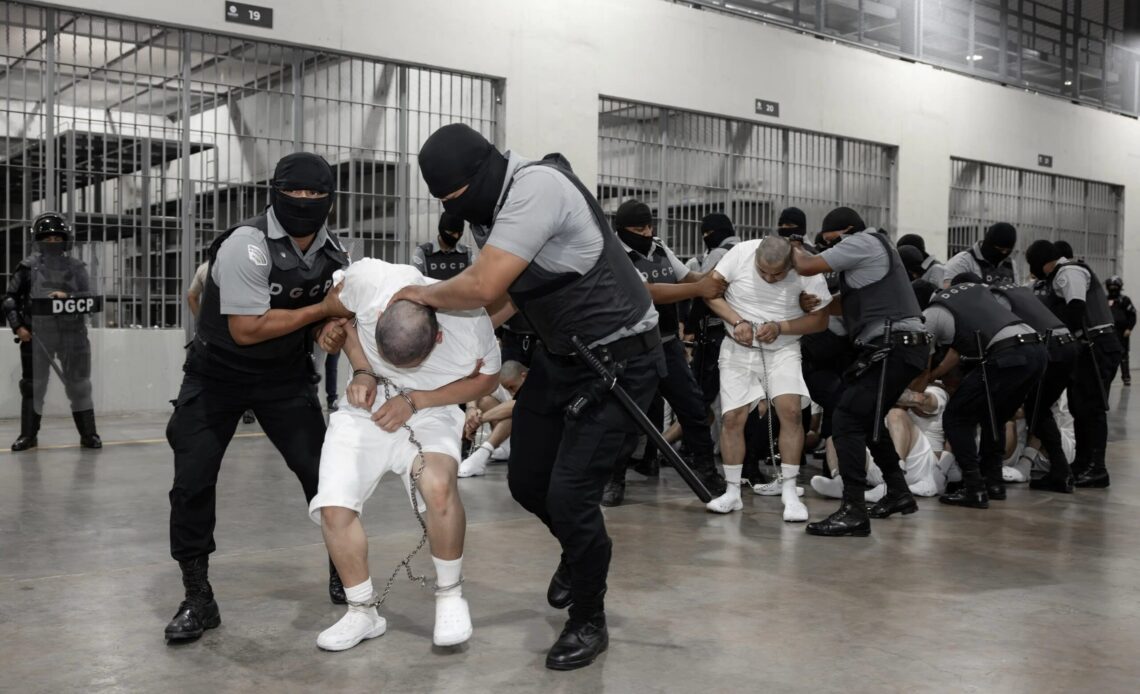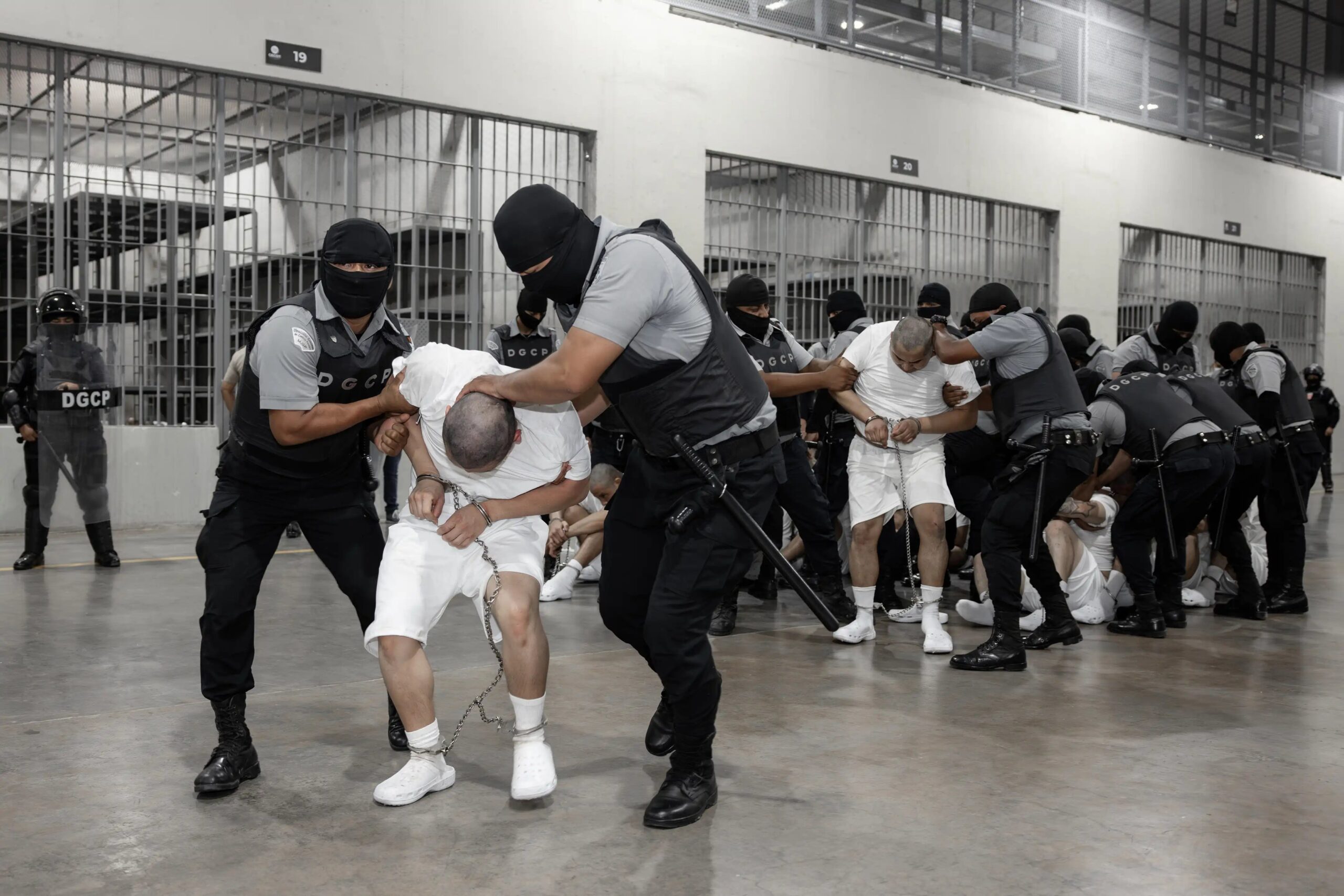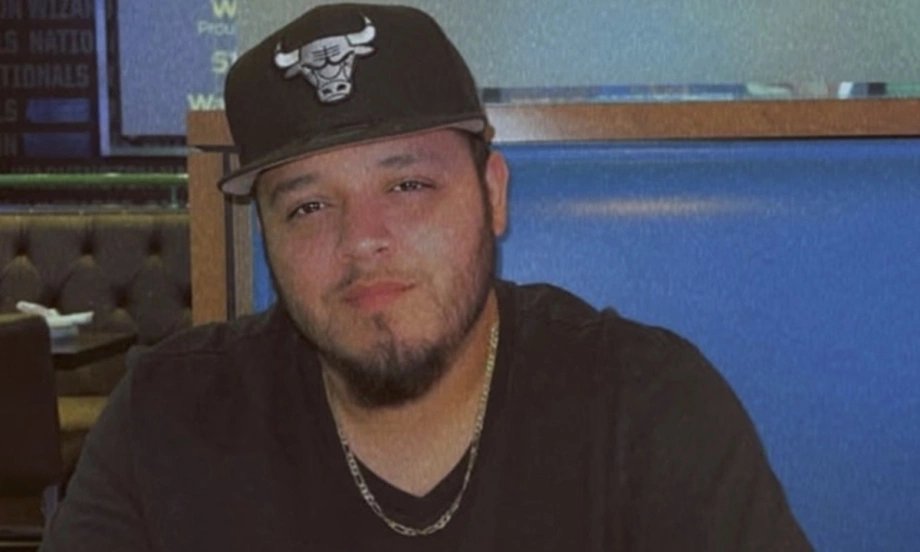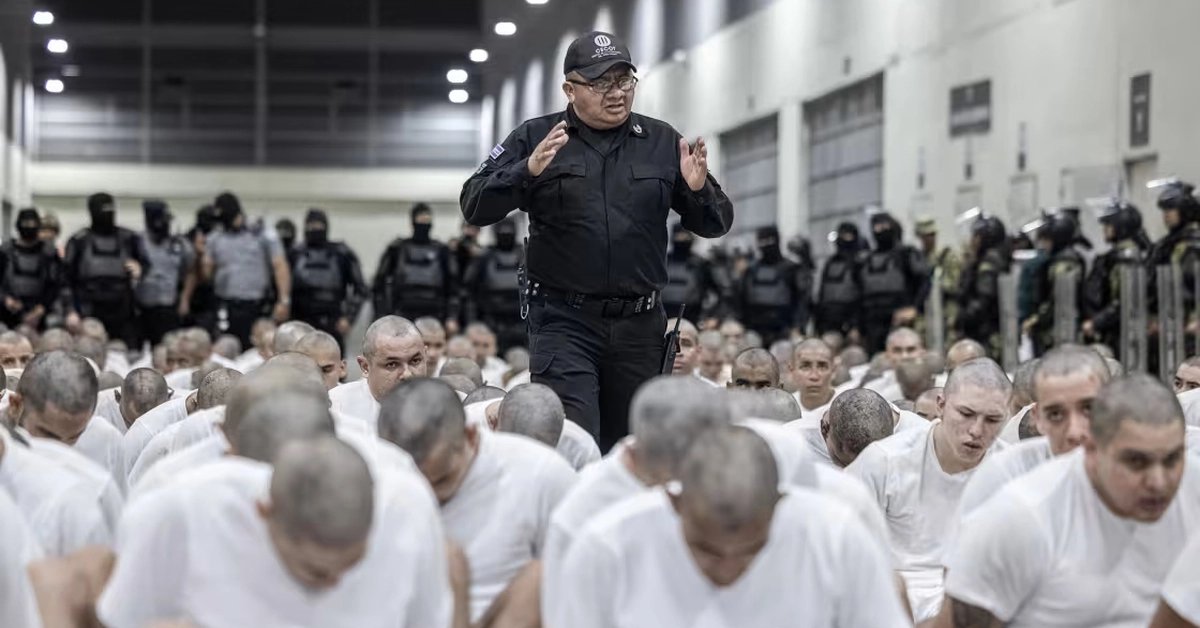
In a landmark decision that could significantly impact the fate of thousands, the United States Supreme Court has blocked a lower court’s order that would have required federal immigration officials to reconsider and potentially allow the return of Salvadorans who were allegedly wrongly deported. The ruling reignites intense debates over immigration policy, judicial power, and the scope of legal protection for vulnerable populations fleeing violence and instability. This article delves deep into the background, legal implications, political reactions, and future consequences of this highly consequential decision.
**Background: The Plight of Salvadoran Migrants**

El Salvador, a nation plagued by decades of gang violence, poverty, and political instability, has long seen its citizens seeking refuge in the United States. Many Salvadorans flee under the threat of death, forced gang recruitment, and rampant corruption. Over the past two decades, thousands have sought asylum in the U.S., hoping for safety and a better life. However, the complexities of the U.S. asylum system have led to many being denied protection—sometimes erroneously.
Numerous advocacy organizations and immigration attorneys have documented cases where Salvadoran asylum seekers were deported despite having legitimate claims. In some cases, deportees were later harmed or killed upon their return. These tragic outcomes prompted legal challenges aimed at reopening their cases and allowing them to return under the promise of due process.
**The Legal Battle: A Brief Overview**
The litigation in question stems from a class-action lawsuit filed by immigration rights groups on behalf of several Salvadorans who were deported without what they claim was proper legal procedure. The plaintiffs argued that government officials failed to consider critical evidence, denied access to legal counsel, or rushed the removal process without adequate review.
A federal district court initially ruled in favor of the plaintiffs, issuing an order that required the U.S. government to reconsider the deportation cases and facilitate the return of individuals who were wrongfully removed. The court argued that the U.S. had violated its own immigration laws and international human rights obligations.
However, the Biden administration appealed the ruling, expressing concerns over setting a precedent that would require the government to bring back individuals who had already been deported. The government contended that reopening deportation cases on such a wide scale would strain resources and potentially undermine the enforcement of immigration laws.
**The Supreme Court Decision: A Blow to Justice?**

On April 5, 2025, the U.S. Supreme Court, in a 6-3 decision, sided with the federal government, effectively blocking the lower court’s order. The majority opinion, delivered by Chief Justice John Roberts, emphasized the importance of maintaining the finality of deportation orders and respecting the separation of powers.
“The judiciary does not possess the authority to compel the executive branch to retrieve individuals who have been lawfully removed under existing statutes,” the opinion stated. “While the concerns about due process are serious, they must be addressed through legislative channels or individual legal proceedings—not through broad judicial mandates.”
The dissent, led by Justice Sonia Sotomayor, strongly disagreed. “This ruling denies justice to those who were clearly failed by our legal system,” she wrote. “When we allow wrongful deportations to stand without remedy, we erode the very foundation of justice and due process.”
**Impact on Salvadoran Families**
For many Salvadoran families, the Supreme Court decision represents a devastating setback. Families that had hoped to reunite with loved ones now face the harsh reality of indefinite separation. In some cases, children remain in the U.S. under temporary protective status while their parents are stranded in El Salvador, unable to return.
Numerous stories have emerged of Salvadoran deportees who were subjected to torture, extortion, or even murder upon return to their homeland. Immigration advocates argue that the decision leaves vulnerable individuals exposed to life-threatening conditions, with little recourse.
For those who have exhausted all legal options, the ruling feels like a betrayal of American values. “We believed in the promise of justice and fairness,” said one affected mother whose son was deported despite being a minor with no criminal record. “Now, that promise is broken.”
**Reactions from the Immigration Advocacy Community**

Immigrant rights groups swiftly condemned the Supreme Court’s ruling, calling it a grave injustice and a dangerous precedent. The American Civil Liberties Union (ACLU), which represented some of the plaintiffs, warned that the decision would discourage future legal challenges against wrongful deportations.
“This ruling effectively tells the government that it can deport people without fully respecting their legal rights and suffer no consequences,” said an ACLU spokesperson. “It sends a chilling message to those who seek asylum and undermines the credibility of our immigration courts.”
Other organizations, such as Human Rights Watch and the National Immigration Law Center, have pledged to continue fighting on behalf of deportees through other legal avenues, including international forums and individual appeals.
**Political Response: Divided as Ever**
The decision also drew mixed reactions from political leaders. Republican lawmakers praised the Supreme Court for upholding the rule of law and preventing what they described as “judicial overreach.” Senator Tom Cotton issued a statement asserting that “the court has rightfully upheld the integrity of our immigration system and prevented activist judges from rewriting policy.”
On the other side of the aisle, Democratic leaders expressed outrage. Representative Alexandria Ocasio-Cortez criticized the ruling as “a cruel blow to human rights” and called for immediate legislative action to address the gaps in the immigration process. “We must ensure that no one is wrongfully deported without due process,” she said.
President Biden, who has walked a fine line between enforcing immigration law and advocating for humane treatment of migrants, offered a measured response. “While we respect the Court’s decision, we remain committed to ensuring fair and lawful treatment for all asylum seekers,” he said. However, the administration stopped short of proposing new legislation in response.
**International Reaction and Human Rights Concerns**

The Supreme Court’s decision has not gone unnoticed beyond American borders. The government of El Salvador expressed disappointment, noting that the return of deportees has placed a heavy burden on the country’s social and security systems. “We urge the U.S. to ensure that deportation processes are humane and legally sound,” a Salvadoran official said in a press release.
Human rights groups globally expressed alarm. The Inter-American Commission on Human Rights warned that the ruling could violate international obligations under treaties protecting asylum seekers and migrants. Amnesty International also weighed in, calling the decision a step backward in the fight for refugee rights.
**Potential Long-Term Consequences**
The Supreme Court’s decision could set a significant precedent for future immigration-related litigation. By reinforcing the finality of deportation orders, the ruling could make it substantially more difficult for wrongly deported individuals to ever return, even if their deportation was later shown to be based on flawed or incomplete evidence.
Moreover, legal experts warn that the decision could embolden immigration authorities to prioritize speed over accuracy, knowing that the courts may be reluctant to reverse deportation outcomes. “It weakens accountability,” said one immigration law professor. “If the consequences of a wrongful deportation can’t be undone, then what incentive is there to get it right the first time?”
**What Comes Next: Options for the Deported**
Despite the setback, immigration advocates are not giving up. Lawyers are exploring whether individual asylum cases can be reopened under existing regulations or whether humanitarian parole could offer a pathway back for some.
Some lawmakers have also floated the idea of a legislative fix—perhaps a bill that allows wrongfully deported individuals to reapply for asylum or other forms of relief. However, with a divided Congress, such legislation faces a steep uphill battle.
At the grassroots level, advocacy campaigns are mobilizing to provide legal aid, public pressure, and support for families affected by the ruling. There is growing demand for broader immigration reform to address systemic issues in deportation and asylum procedures.
**Conclusion**
The U.S. Supreme Court’s decision to block an order requiring the return of wrongly deported Salvadorans marks a pivotal moment in American immigration history. While the ruling emphasizes legal finality and institutional boundaries, it raises troubling questions about justice, accountability, and the nation’s moral obligations to those seeking refuge.
As the debate over immigration reform continues, this case underscores the urgent need for a system that values both law and humanity. For the thousands of Salvadorans affected—and for the countless others navigating the U.S. immigration system—the fight for fairness is far from over.



